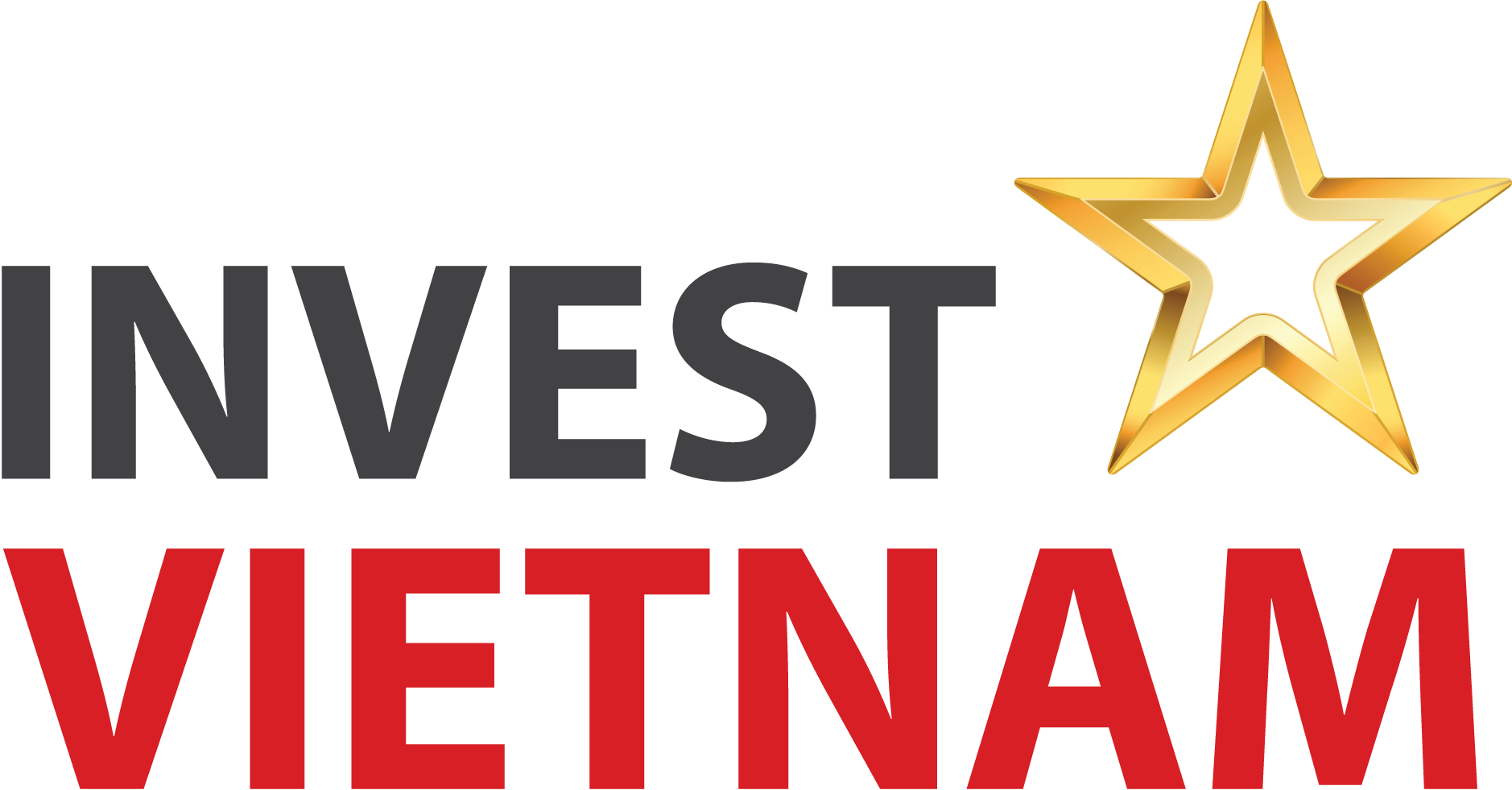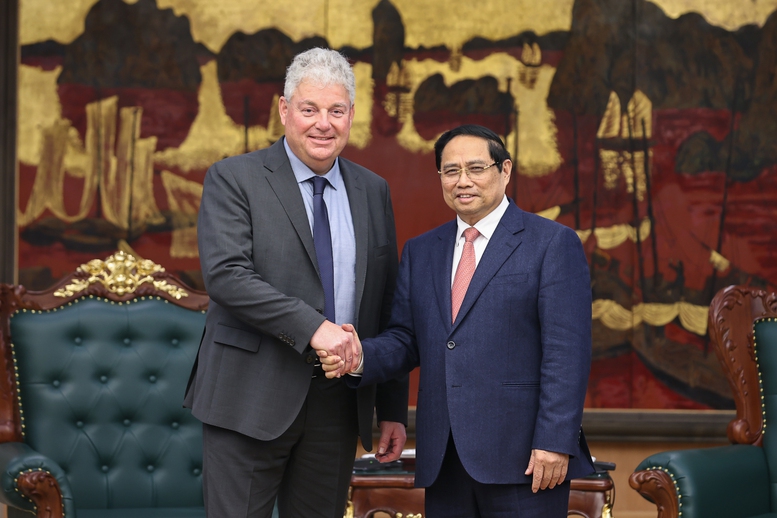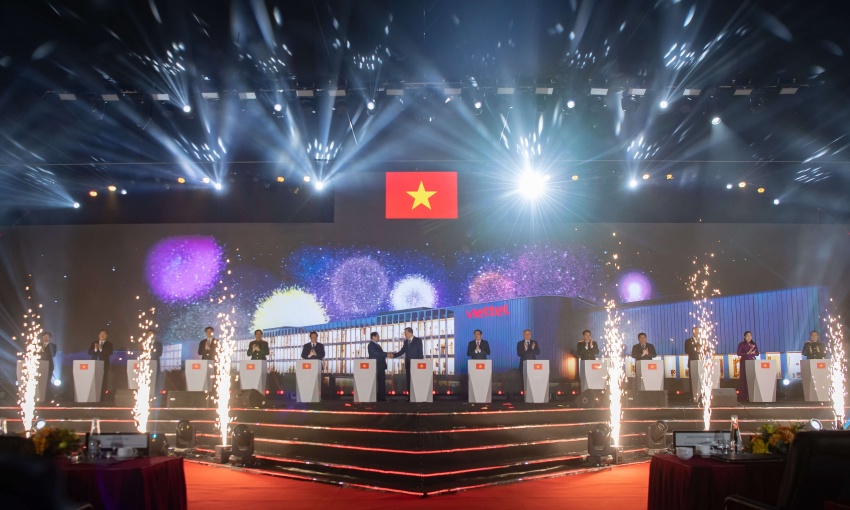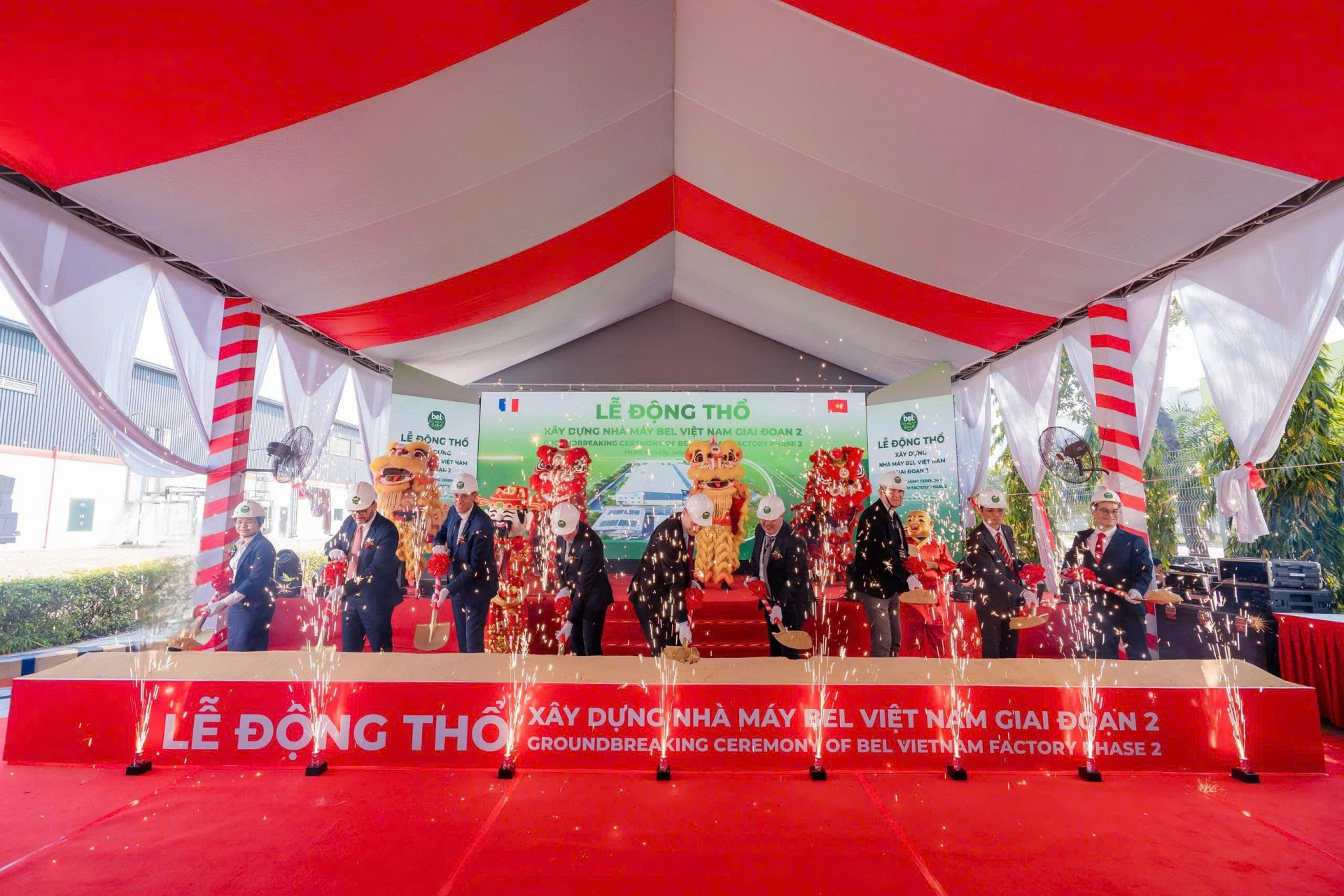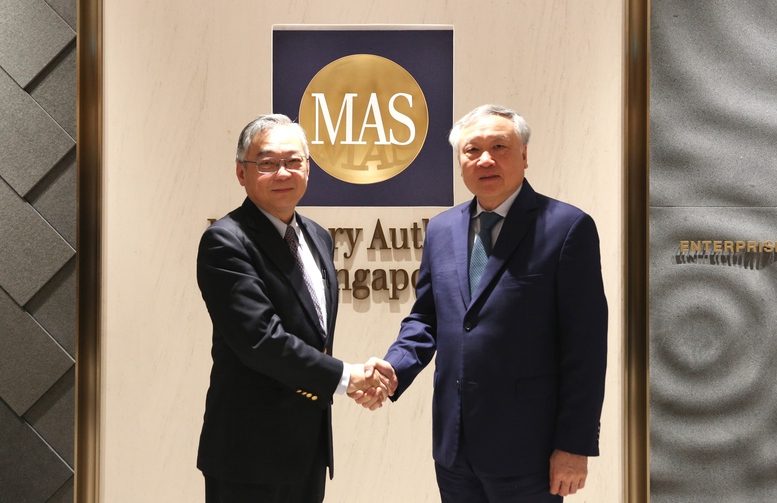New Zealand players keen on creating Vietnam success stories
Companies and exporters from New Zealand are expected to deepen their presence in Vietnam, with the two countries having pledged to usher in a stronger flow of trade.
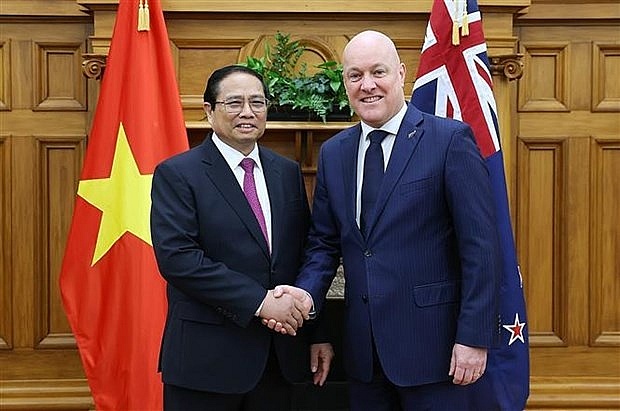
Warrick Cleine, chairman and CEO of KPMG in Vietnam and Cambodia and chairman of the New Zealand Chamber of Commerce in Vietnam, was pleased to see a successful visit by Prime Minister Pham Minh Chinh and his delegation to New Zealand last week.
High-level visits are important to build personal relationships, but are also a strong signal to the business community in each country that the relationship is important,” Cleine said.
The two leaders committed to growing the value of two-way trade to over $3 billion by 2026. This plan focuses on the historically strong exports of each country – New Zealand sells milk and other agriculture and food products to Vietnam, and Vietnam exports manufactured goods to New Zealand – but also sets new ambitions in the services sectors, including tourism and education.
“As founding members of the Comprehensive and Progressive Agreement for Trans-Pacific Partnership, and both countries renowned for their global exports in different ways, both Vietnam and New Zealand have a common interest in preserving the promoting the rules-based global trading order,” Cleine explained.
“This includes respect for multilateral and bilateral free trade agreements, but also the good working of institutions such as the World Trade Organization. It is great that the diplomats and government leaders committed to work together on these agendas also.”
As New Zealand and Vietnam are looking to bolster their economic partnership, more Kiwi businesses are keen on expansion here. Simon Bridges, CEO of the Auckland Business Chamber, said that New Zealand businesses have paid attention to Vietnam’s remarkable development over the past two decades.
“There are many opportunities to invest and do business in Vietnam, and many New Zealand businesses have operated successfully in the country,” Bridges said. He expects the Vietnamese government to continue to facilitate New Zealand businesses investing in the country, especially in renewable energy, real estate, aviation, and fruit and vegetable import and export.
Roshan De Silva, general manager of New Zealand’s Fonterra Brands Vietnam, said, “We see opportunities to grow in Vietnam as it’s one of Southeast Asia’s fastest-growing economies, working to become the world’s 10th-largest consumer market by 2030.”
“We supply about 3,000 food and beverage establishments, and we’re witnessing significant growth with Fonterra’s cheese exports to Vietnam, with exports growing 140 per cent over the last 10 years,” he added.
Elsewhere, New Zealand company ZURU is exploring investment opportunities in the Mekong Delta province of Soc Trang. The company plans to inject $400 million into a factory making prefabricated houses and a seaport in the locality. Meanwhile, kiwi exporter Zespri is securing a strong presence in Vietnam across the shelves of supermarket chains, hypermarkets and imported fruit store chains nationwide.
According to Cleine, New Zealand exporters like these are being encouraged to diversify their export markets, and sell more value-added goods and services. “They have a great record of selling to New Zealand’s historic trading partners such as the UK, Europe, Australia, and Japan, and of course to China, but they can do more in Southeast Asia. They need to focus their efforts, understand the differences in each market, and really build relationships for success,” Cleine said.
Vietnam is one of New Zealand’s key relationships in Southeast Asia, and New Zealand’s 14th largest trading partner, with bilateral trade reaching more than $1.3 billion in 2023. As of February 20, New Zealand had 53 projects worth $208.38 million in Vietnam, ranking 39th, according to the Ministry of Planning and Investment.
During last week’s visit to New Zealand, PM Chinh placed emphasis on cooperating in high-ranking delegation exchange, education and training, the green economy, labour, and more besides.
By Thanh Van
Source: VIR
Original link